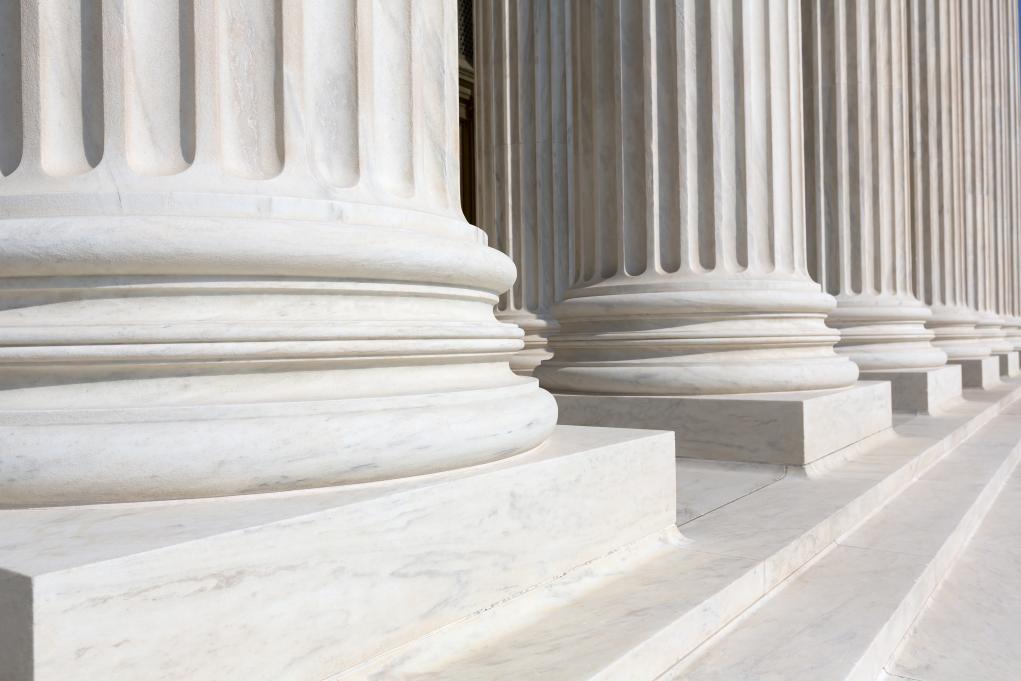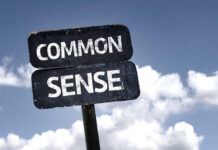
The legislative branch of the US government consists of the House of Representatives and the Senate. Collectively, we refer to the branch as Congress.
Congress gets its powers mainly from Article I of the US Constitution. This branch is uniquely powerful due to the many duties it has.
Joint Powers of Congress
Some of the duties of Congress apply to both the House and the Senate. These duties include:
- Declaring war
- Investigating crimes of federal officials
- Making money
- Establishing federal courts and their jurisdictions
Perhaps the best-known job of Congress is to make laws. Passing new legislation requires a majority vote in both houses.
Because this is such an essential duty, the president has the right to approve the law by signing it or reject the law through a veto. If the president vetoes a law, Congress can override it by a two-thirds vote in both houses.
Exclusive Rights of the House
The exclusive rights of the House of Representatives include the right to create budget bills and impeach federal officeholders. The House also holds the duty of electing a president if one does not result from the electoral college.
Exclusive Rights of the Senate
The Senate has three exclusive rights:
- Confirm appointments by the president
- Ratify treaties
- Try impeachment cases
Confirming appointments by the president includes confirming appointments to the US Supreme Court. However, the right is not exclusive when confirming a vice president because the House must also confirm this appointment.
The right to ratify treaties applies in most cases, but if a treaty involves foreign trade, the House must also ratify it.
The right to try impeachment cases essentially makes the Senate a court. It can acquit or convict the person on trial.
The US legislative branch is the largest of the government’s three branches because it embodies both Congressional houses. It also holds a lot of unique powers that the other two branches help to control through the system of checks and balances.






















